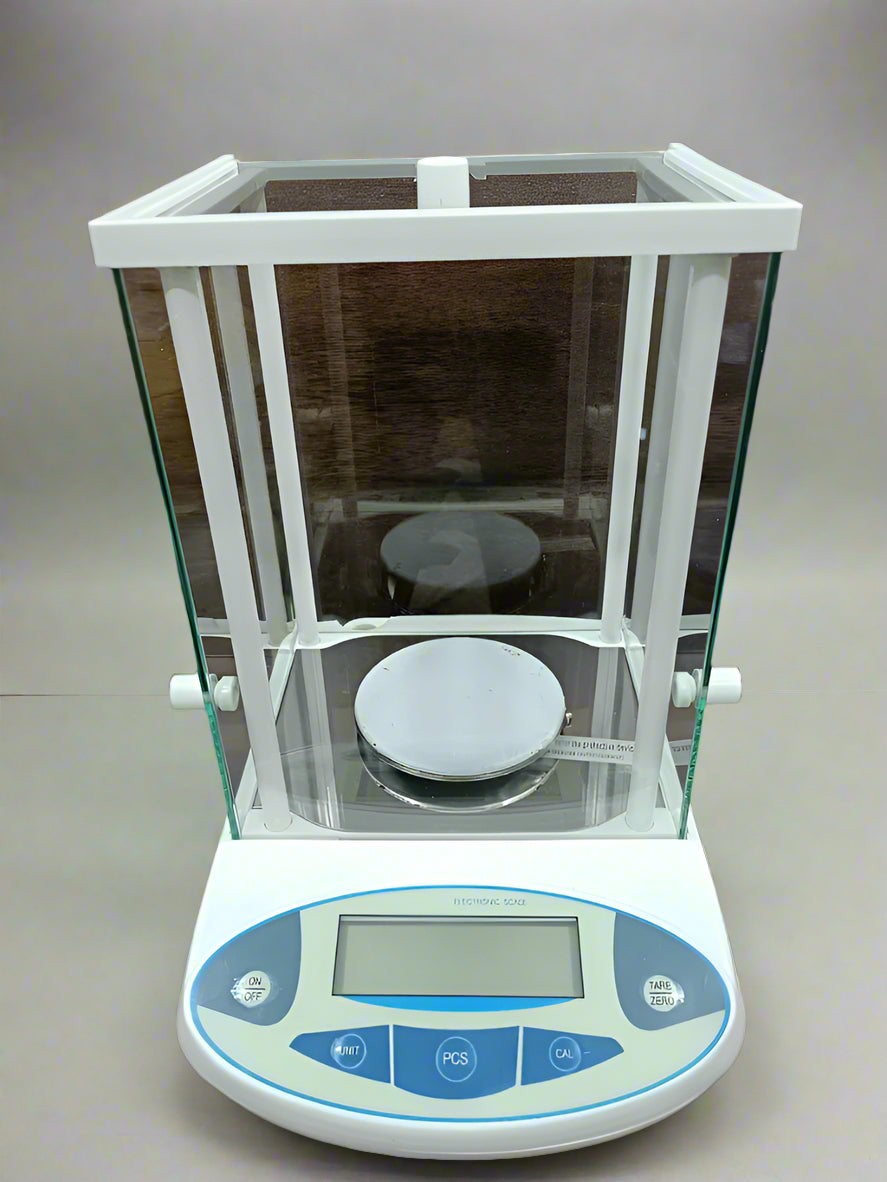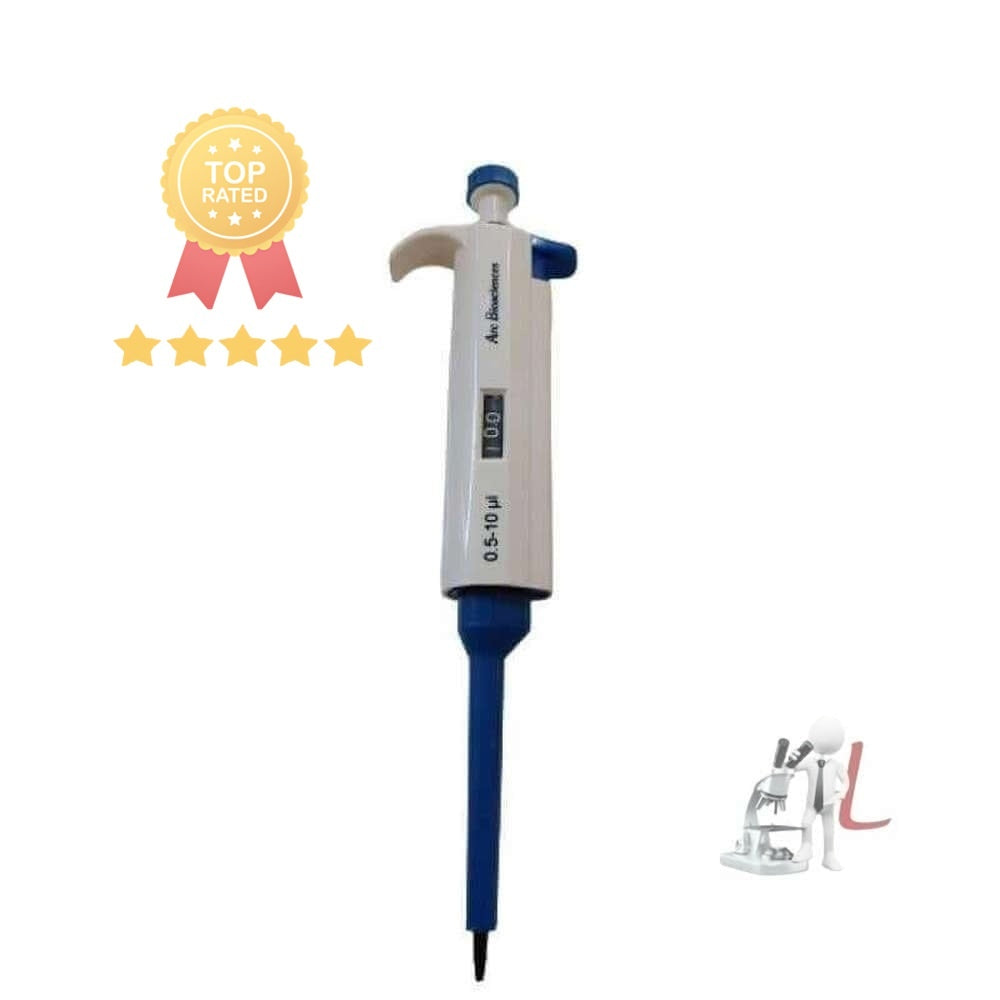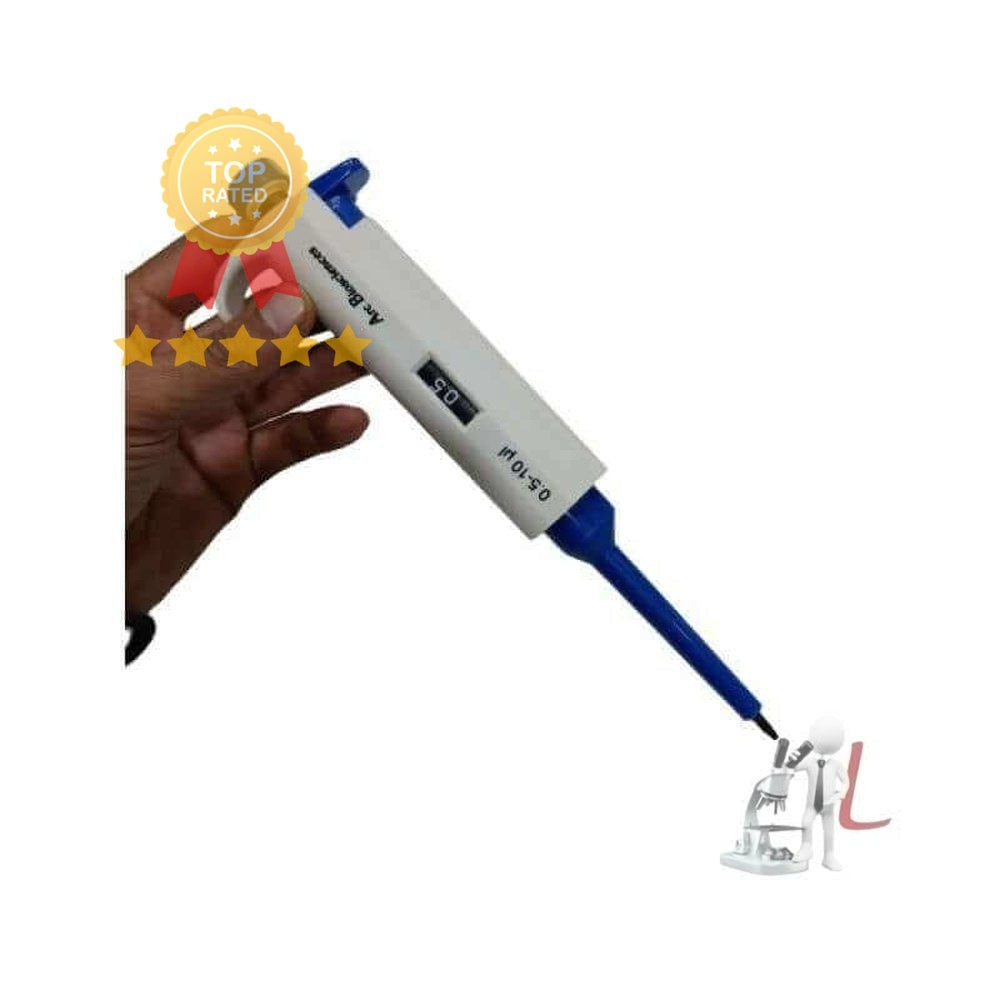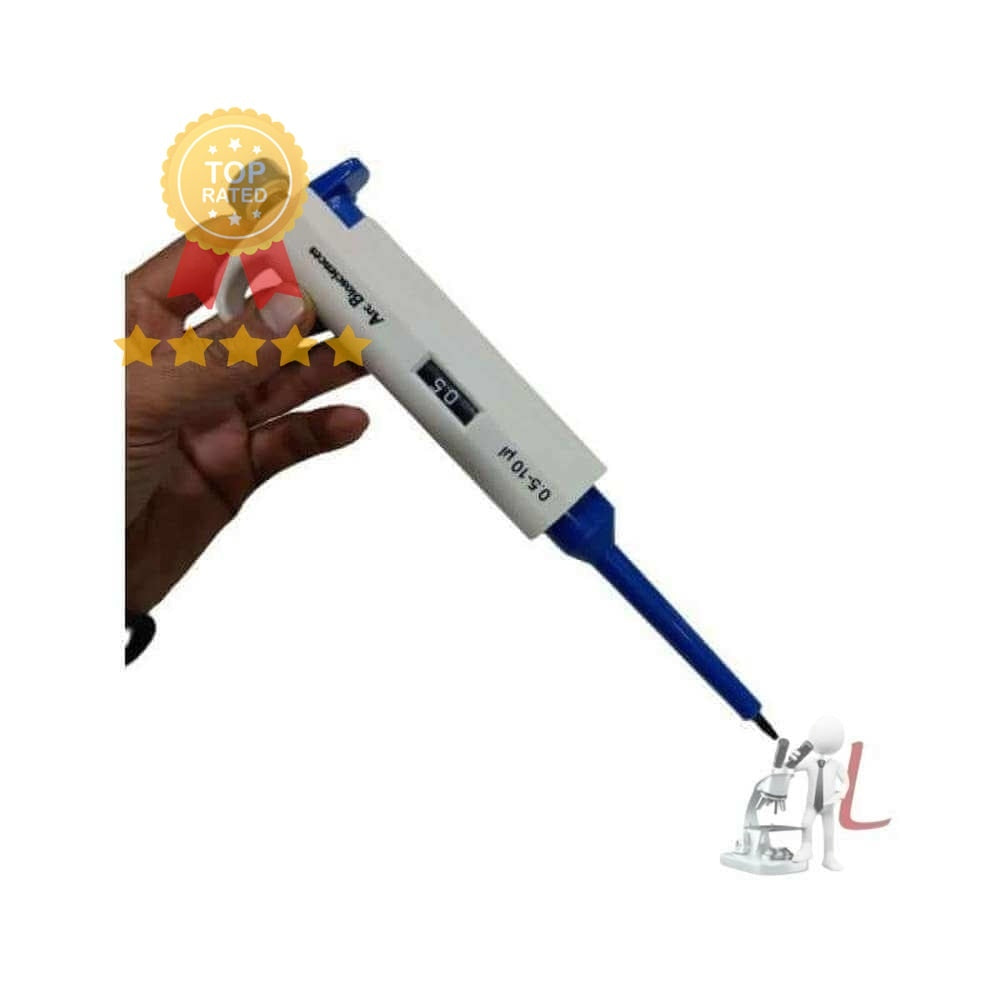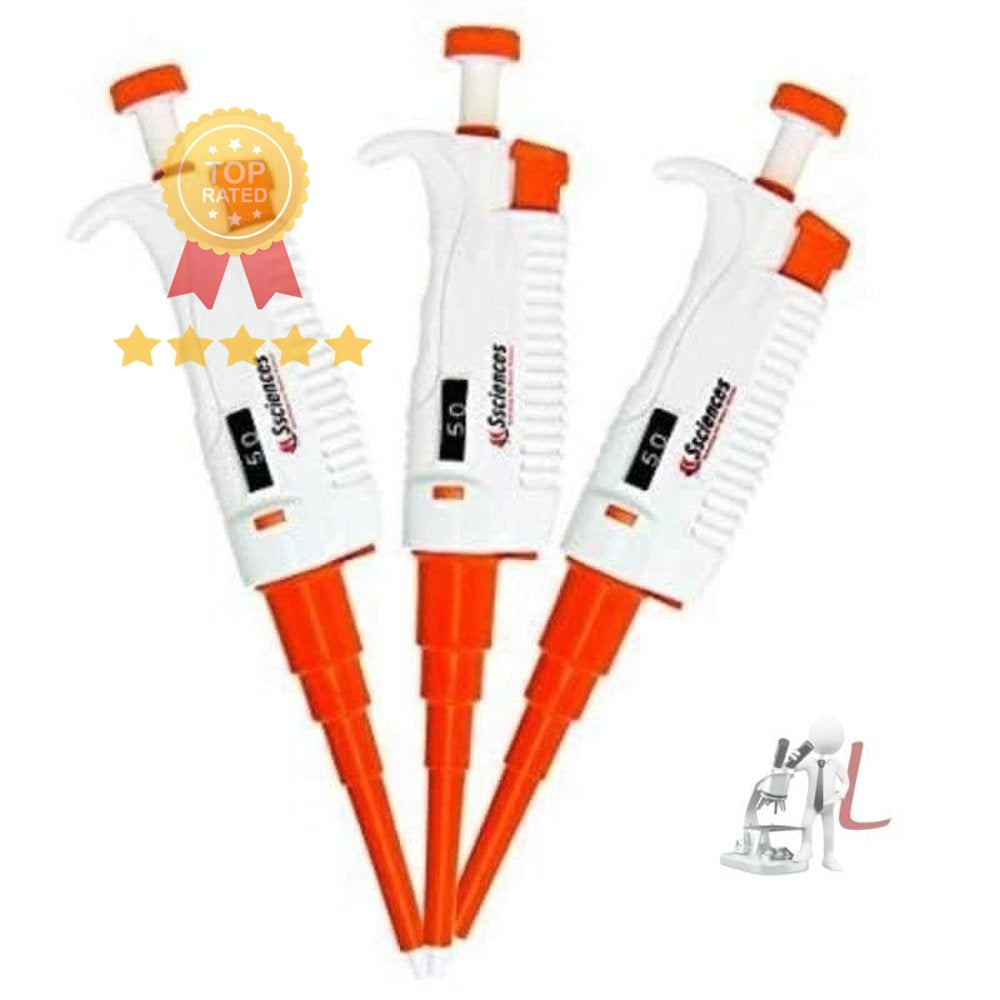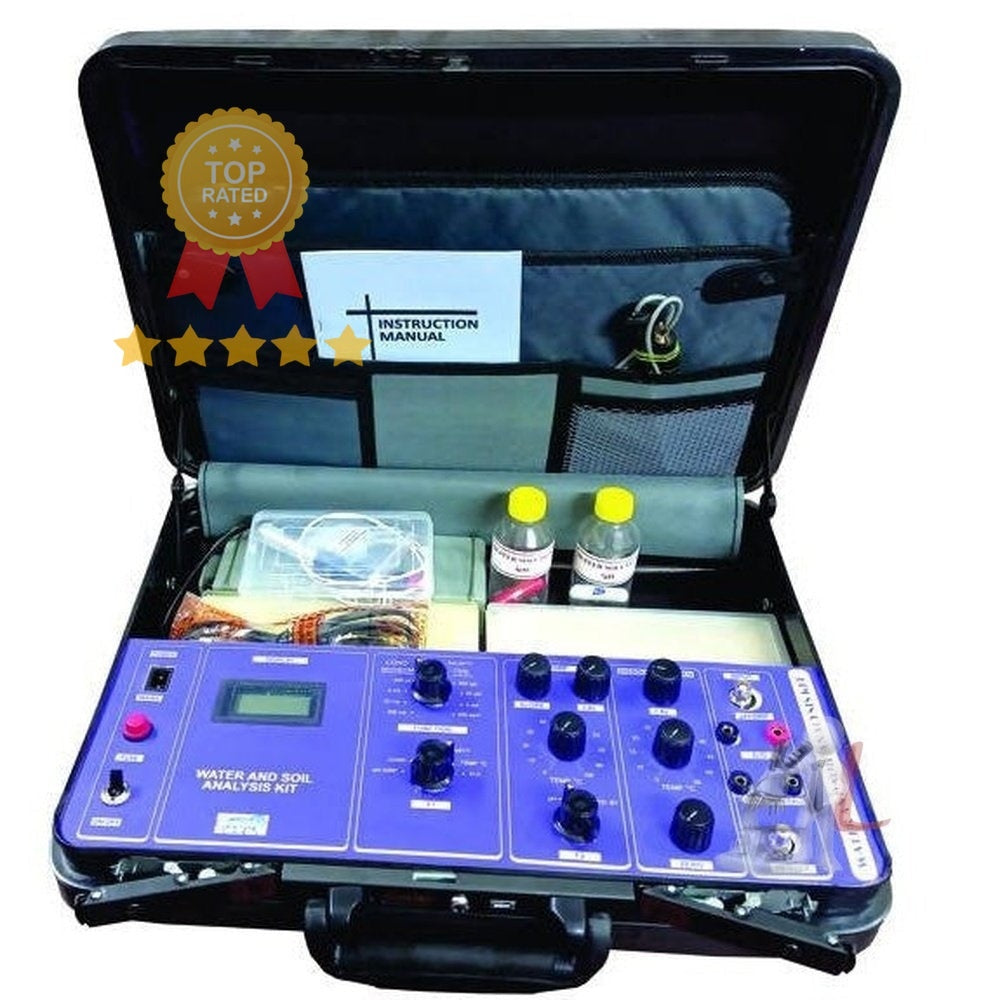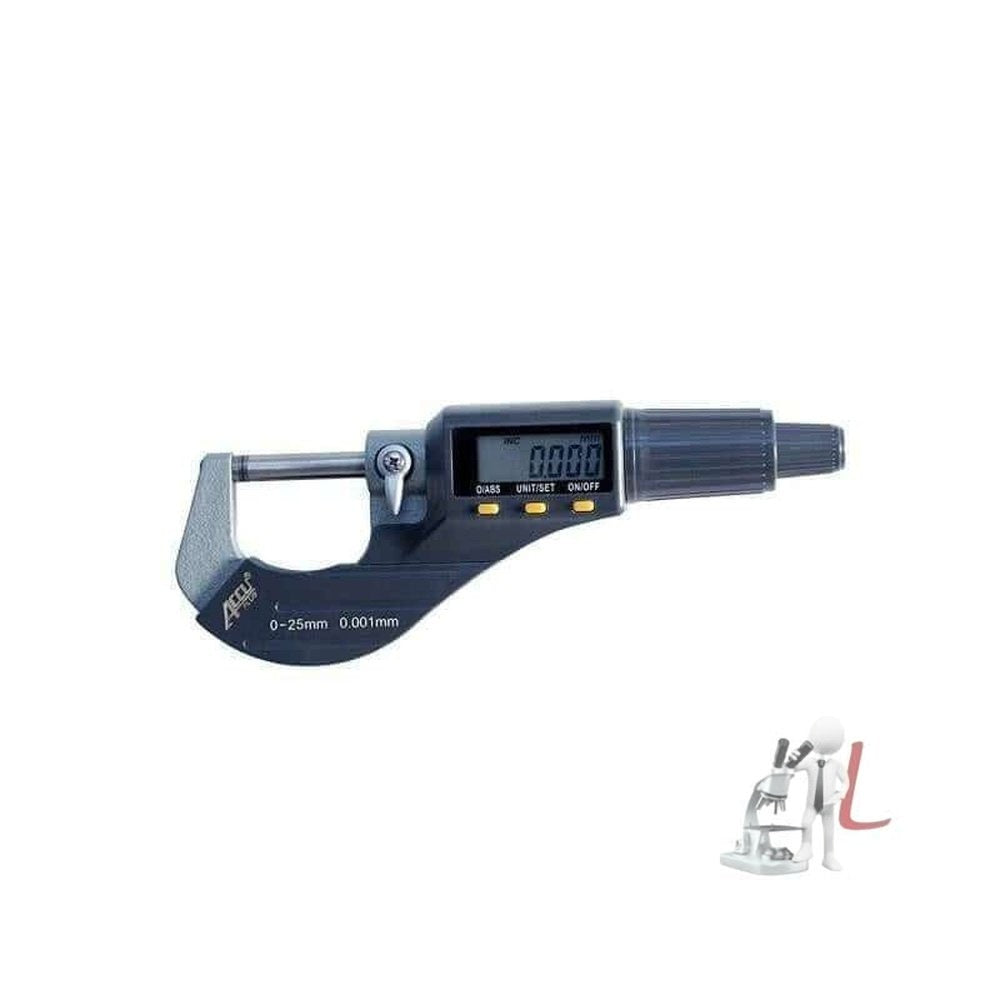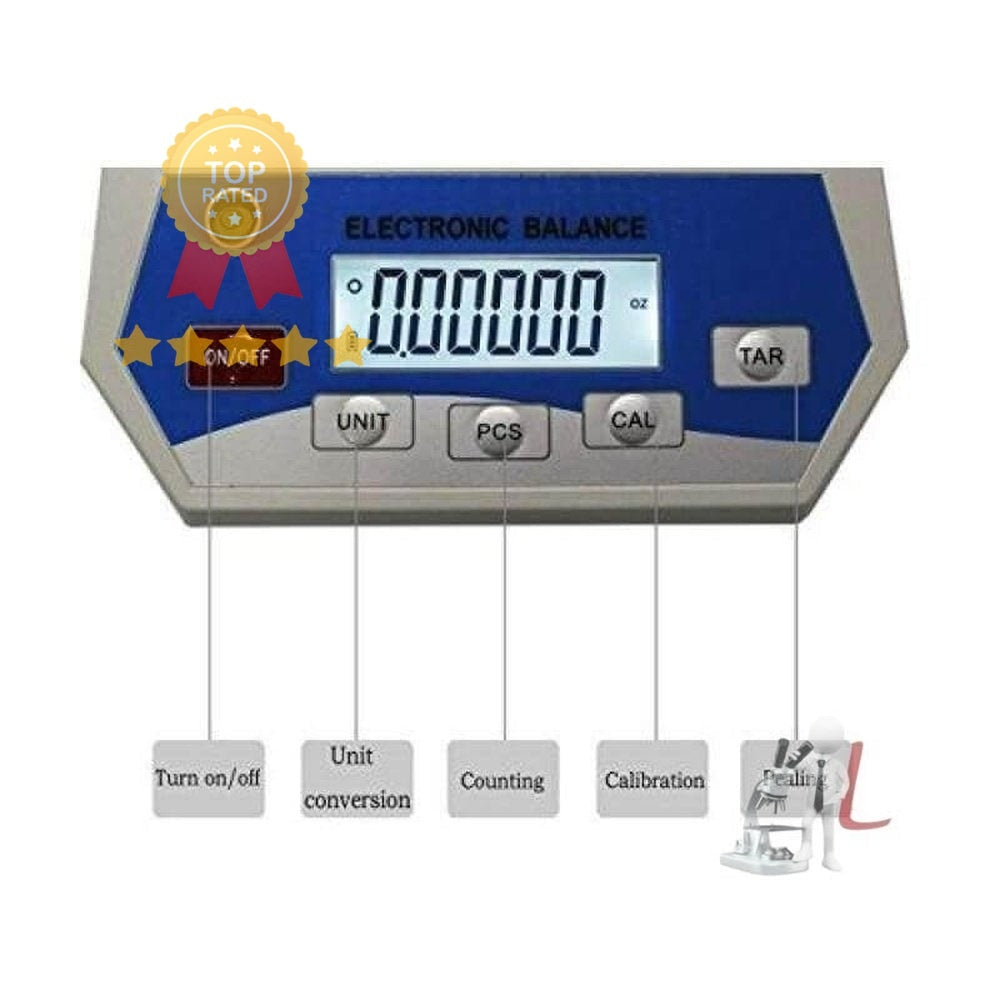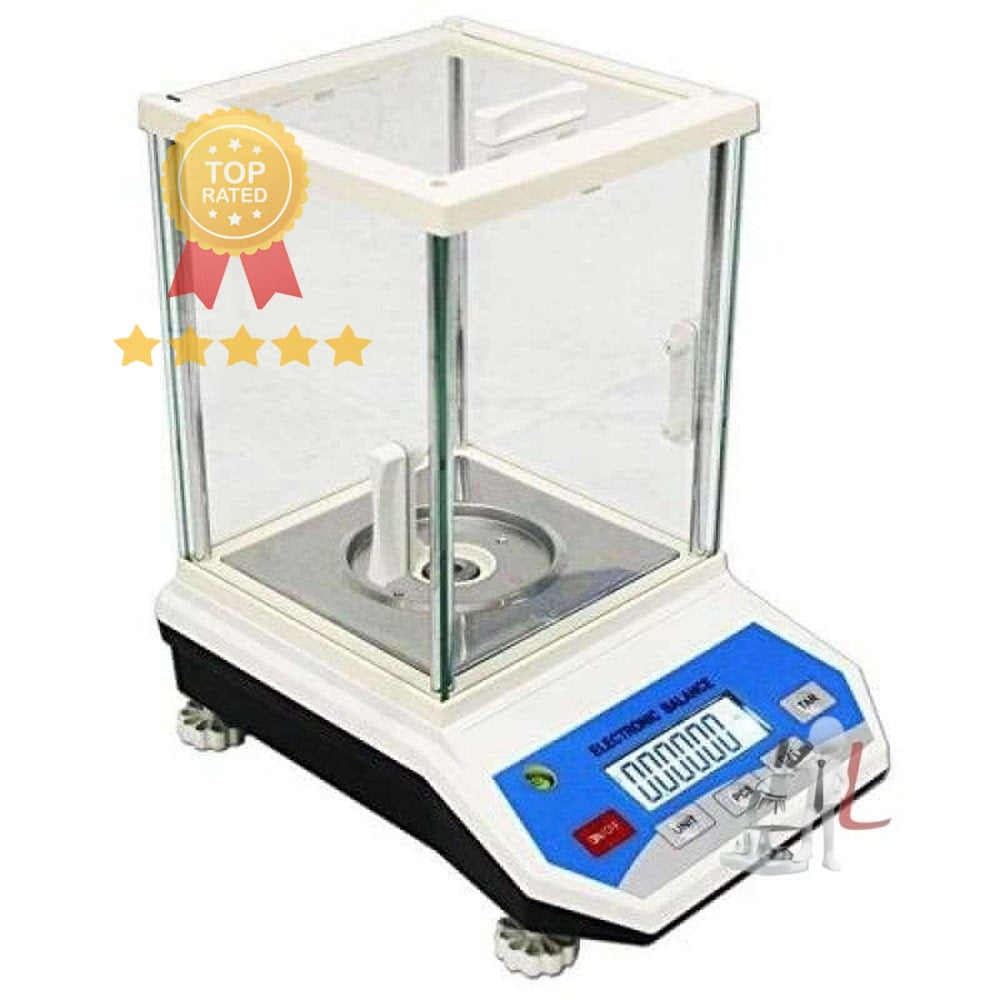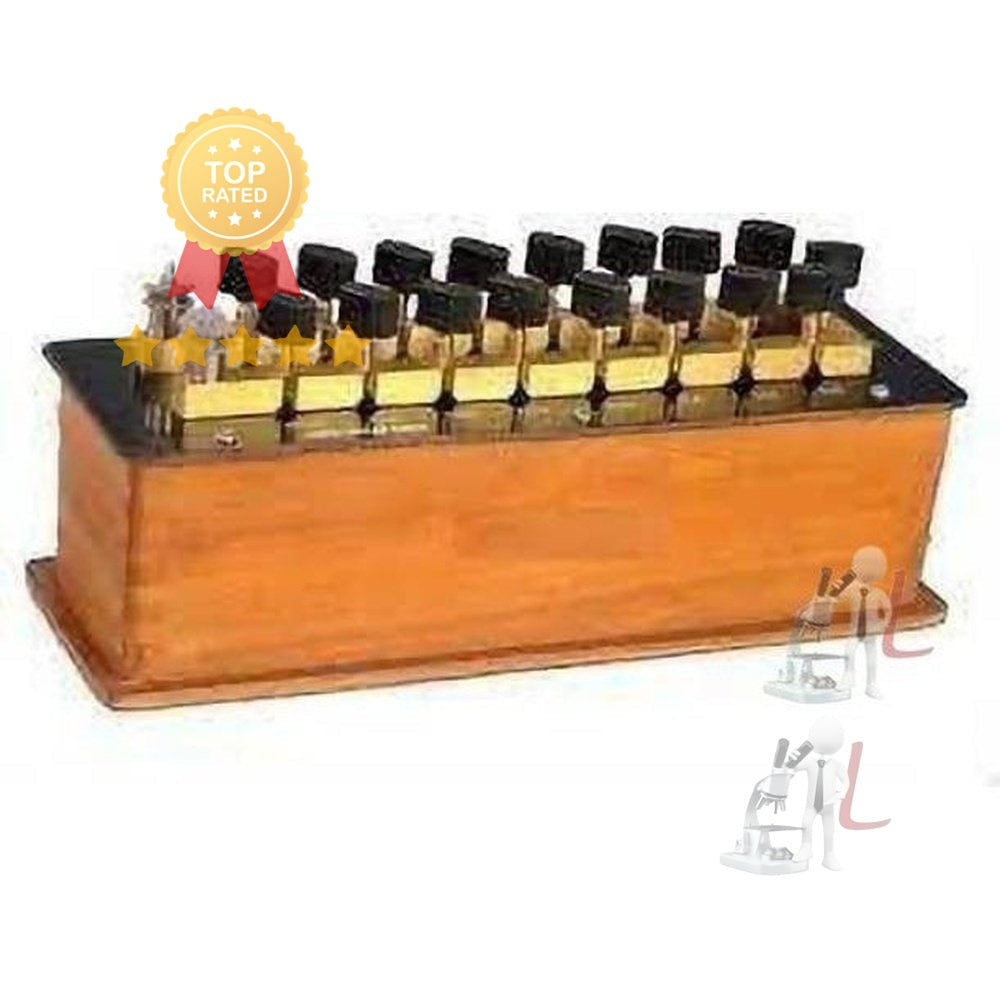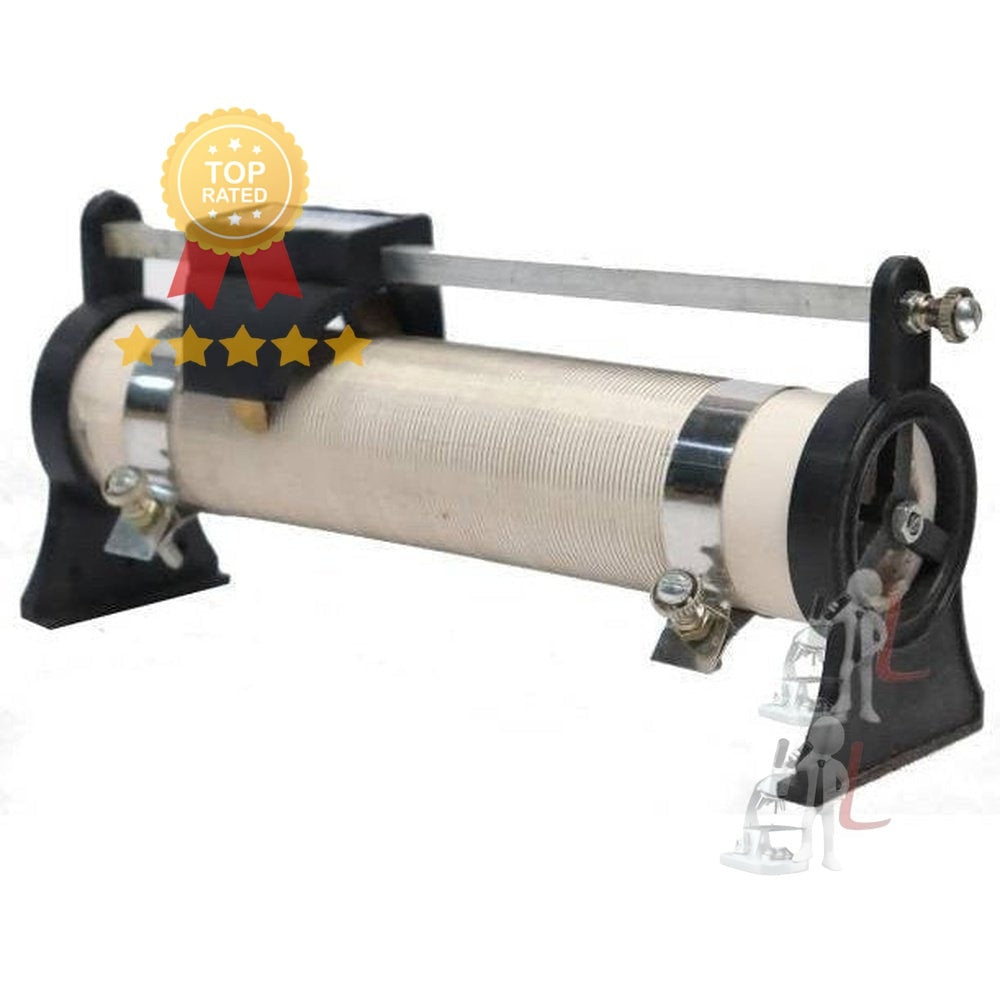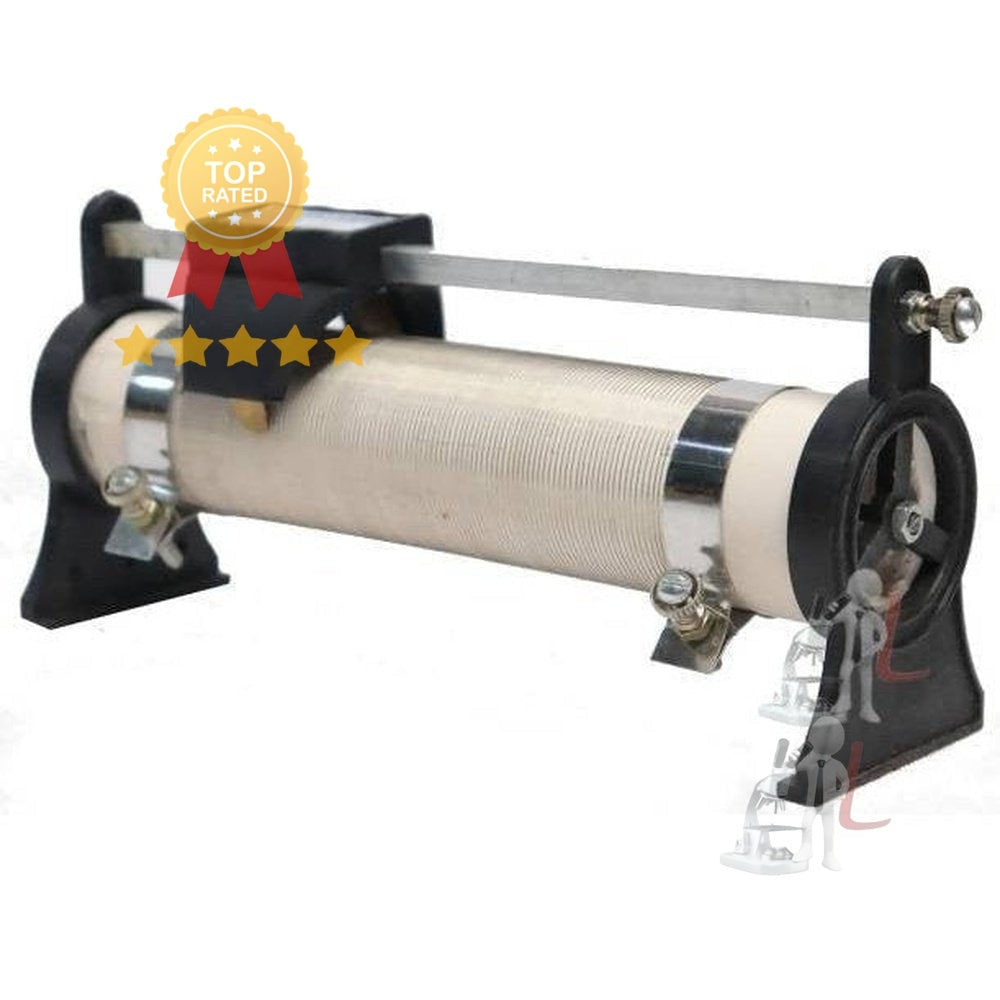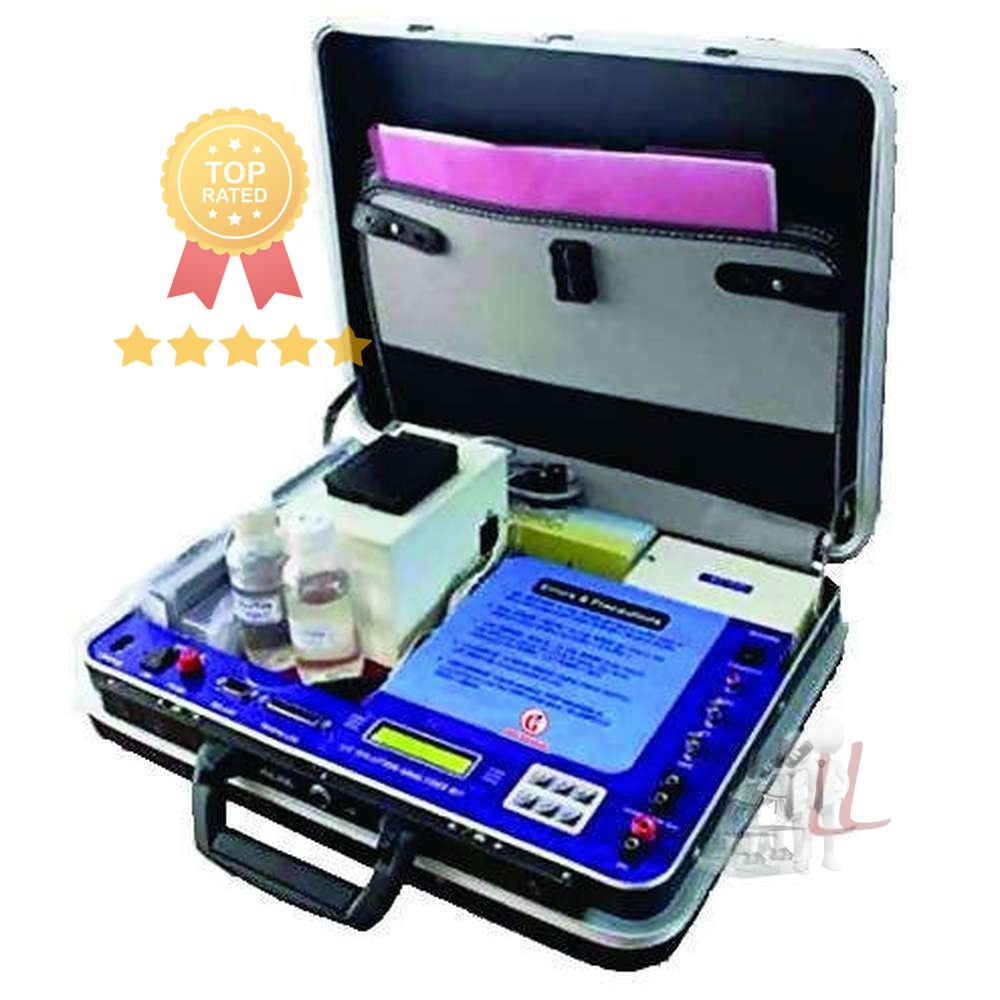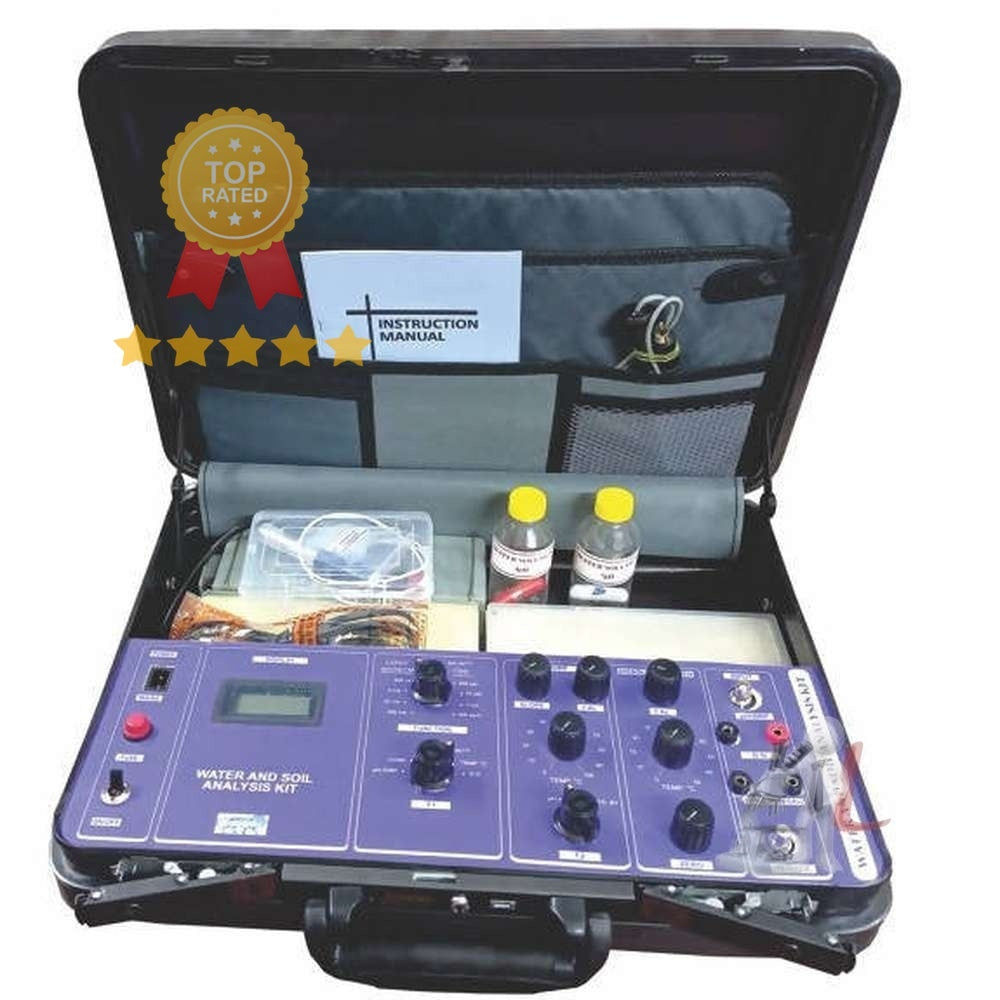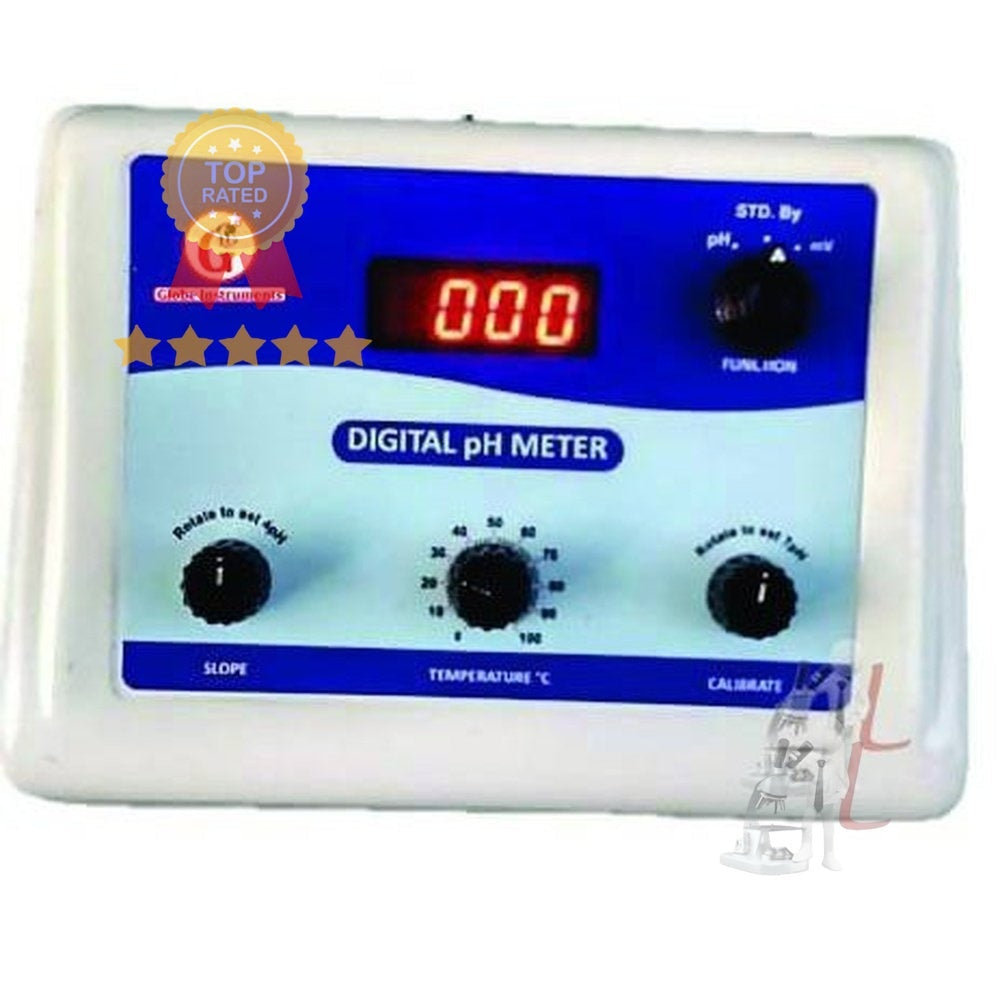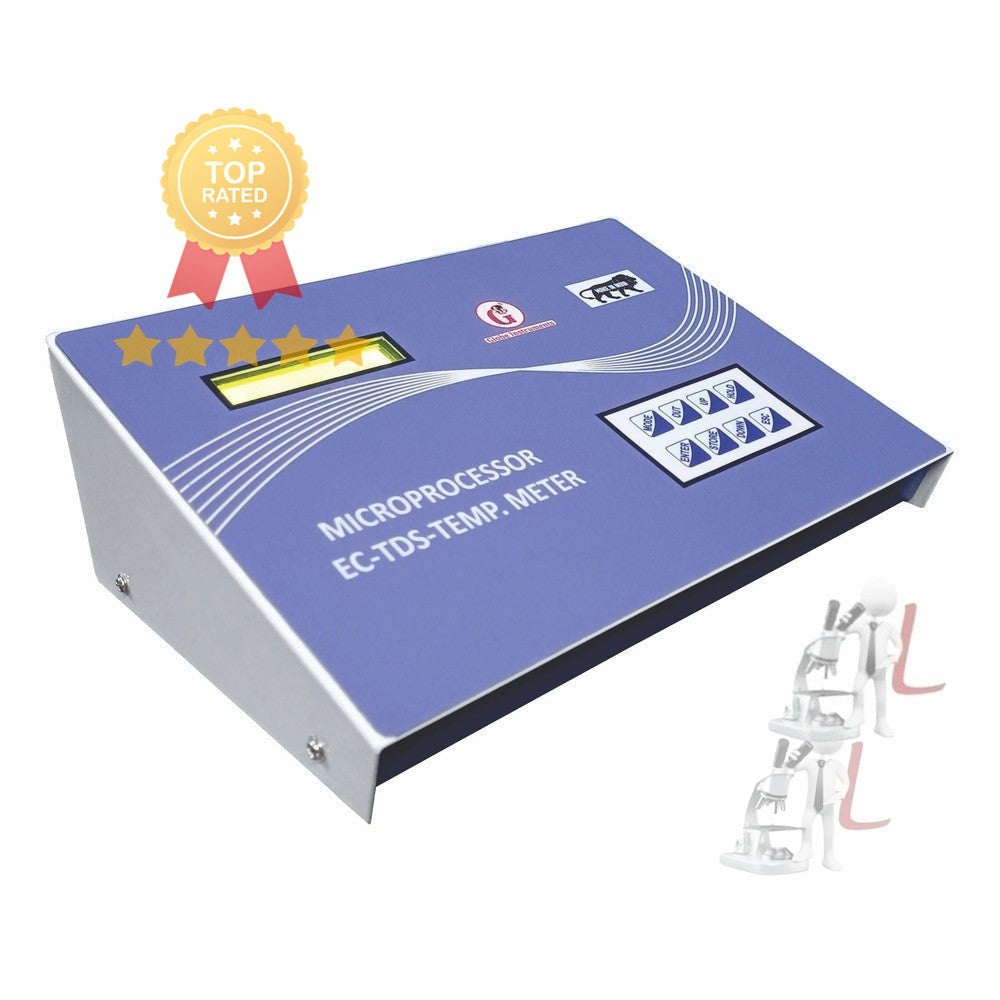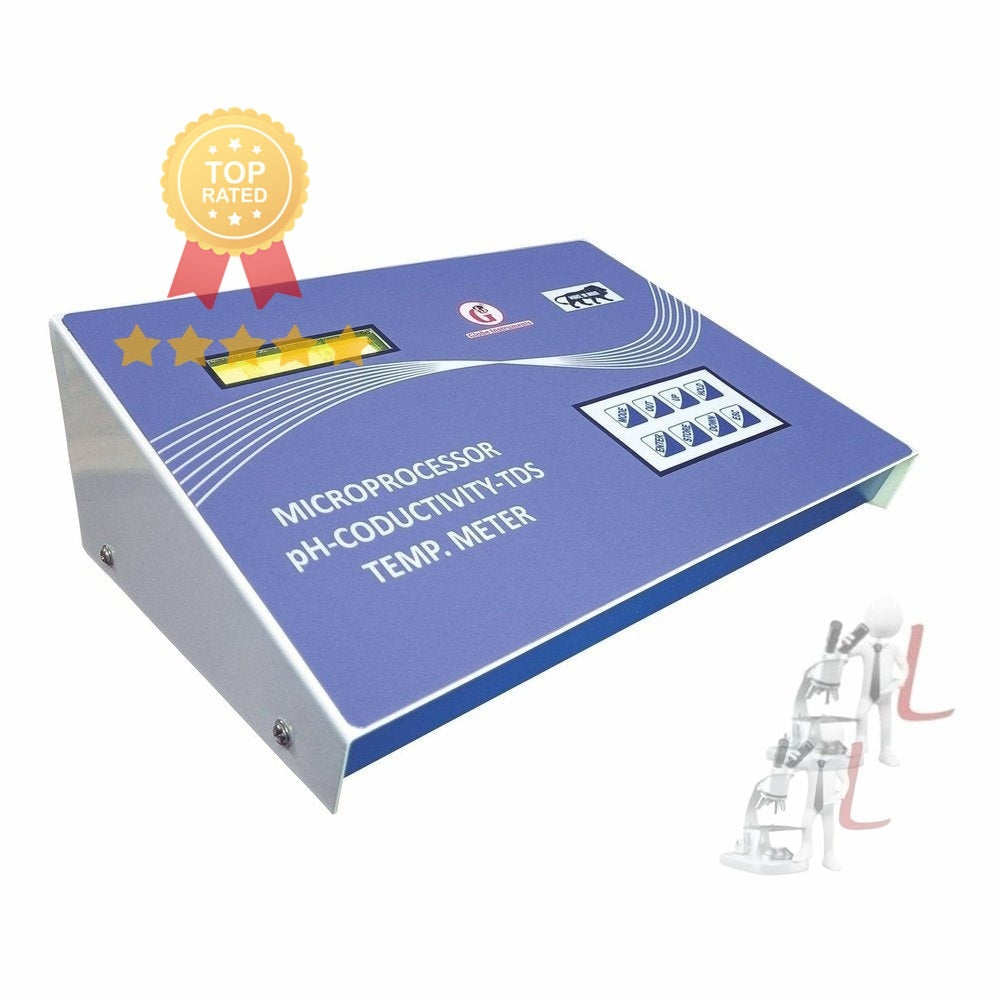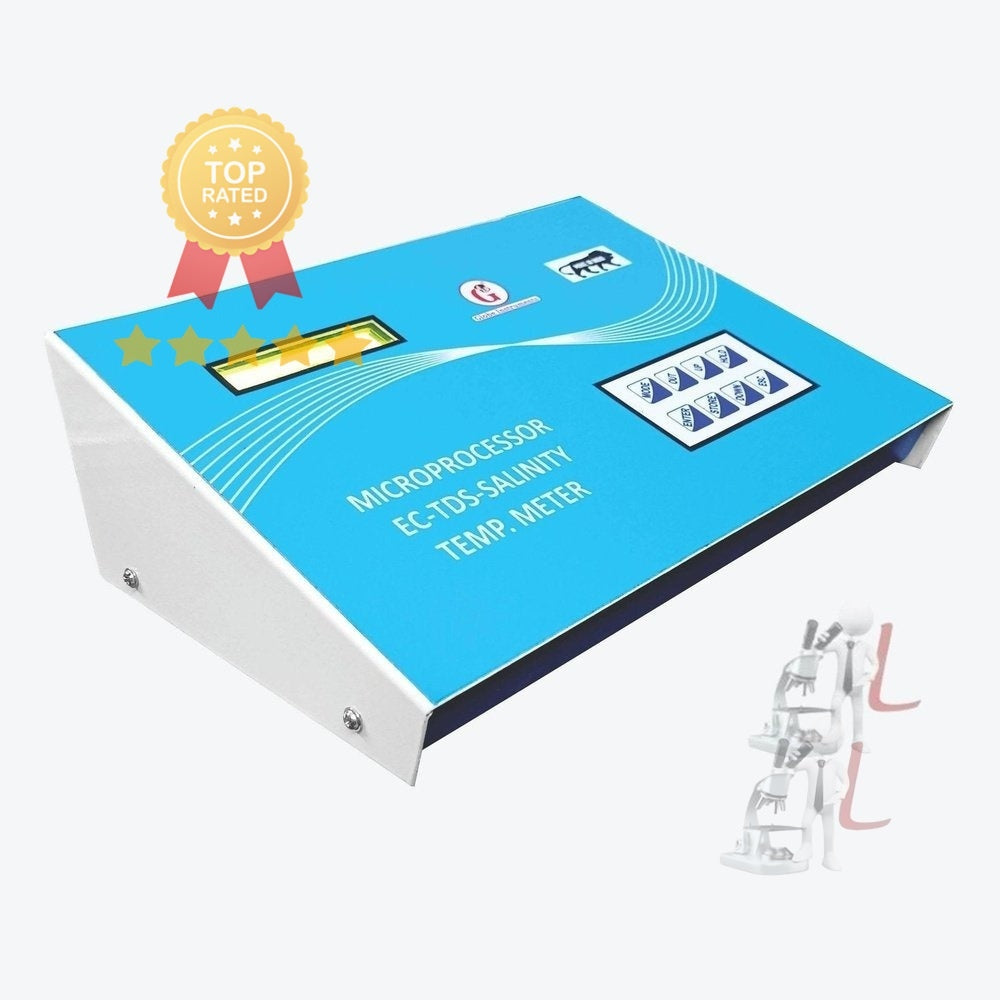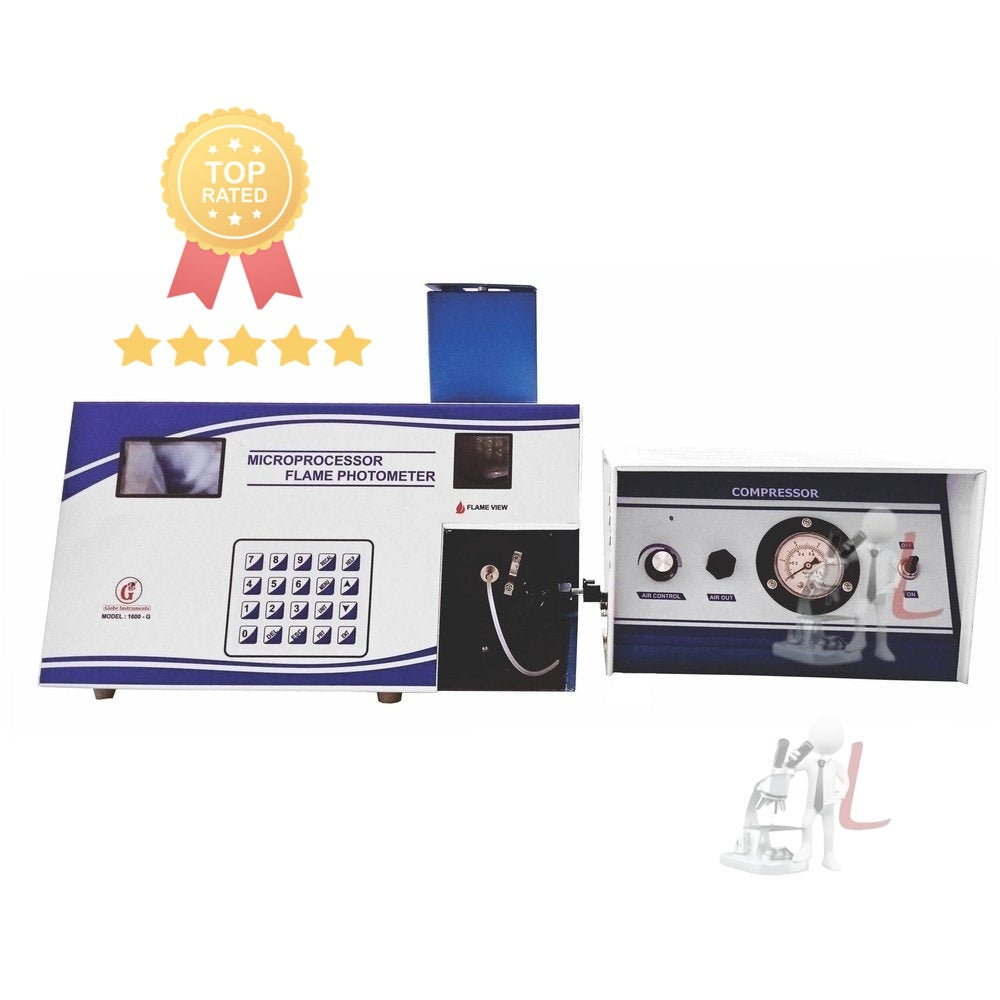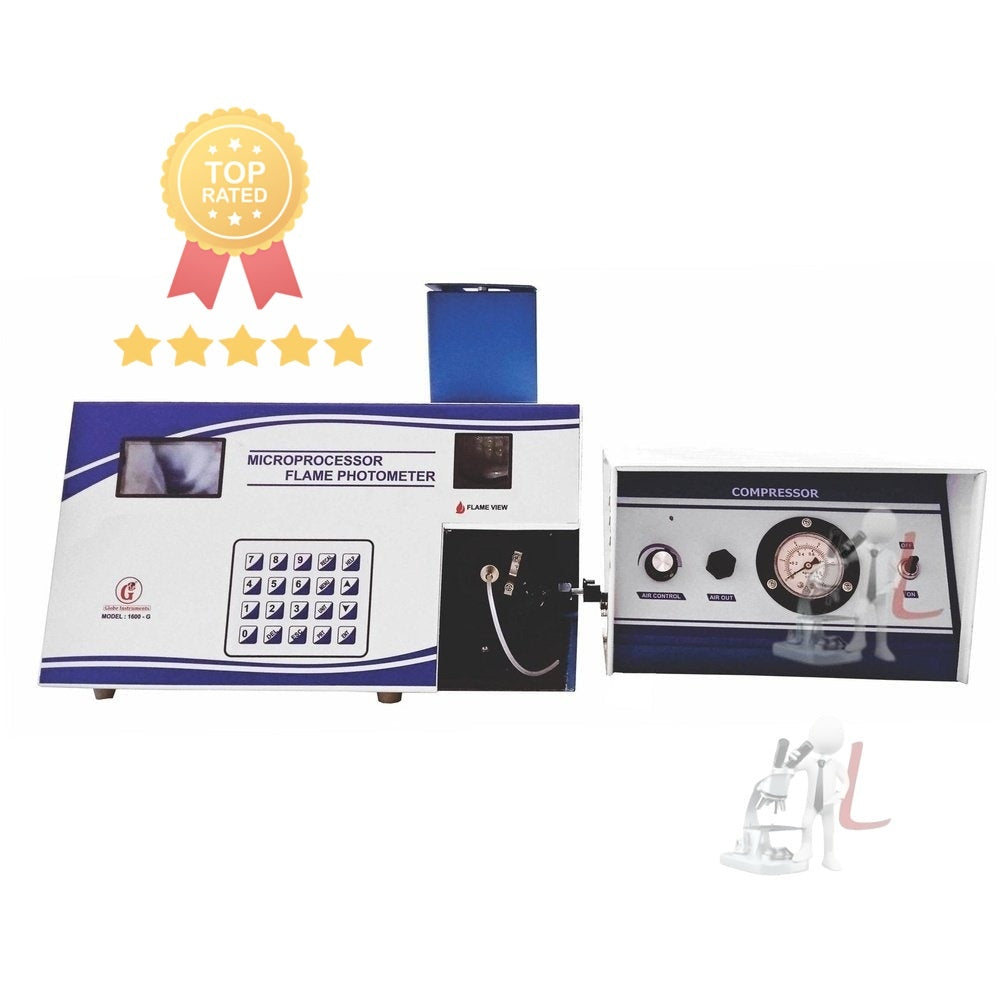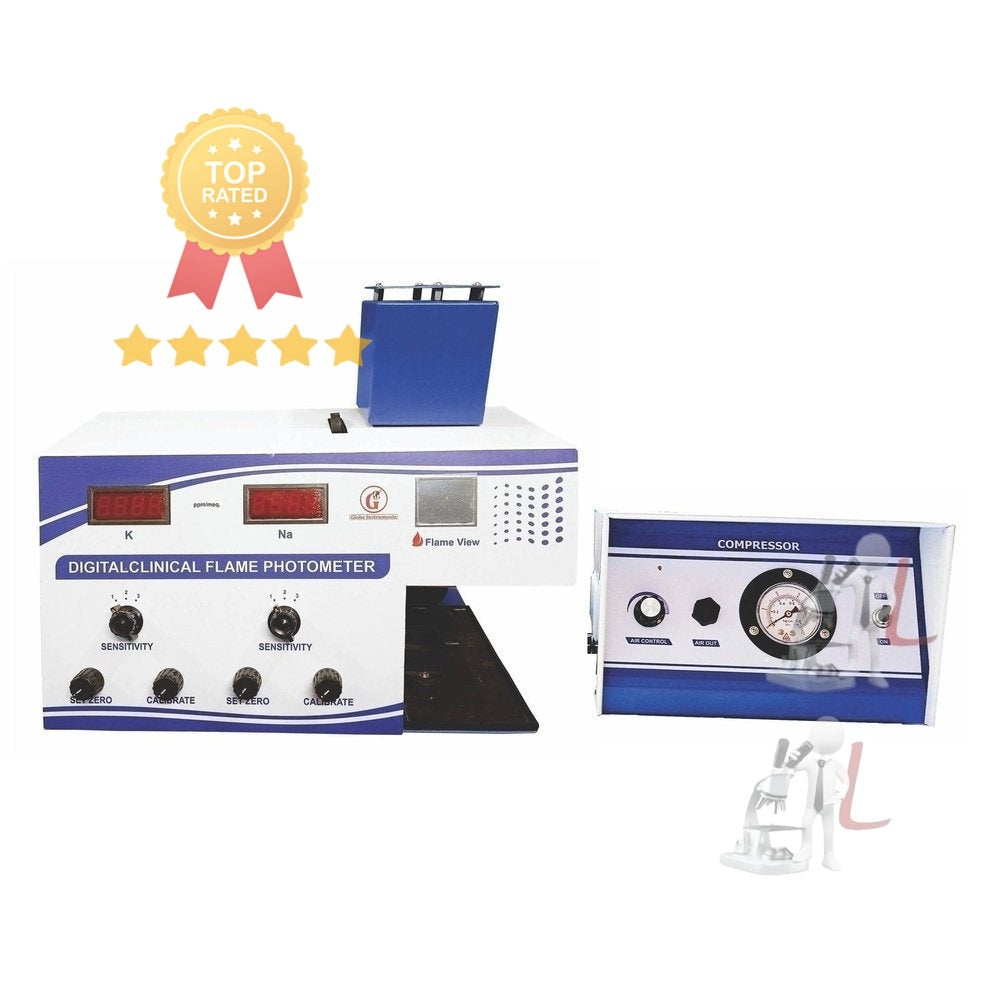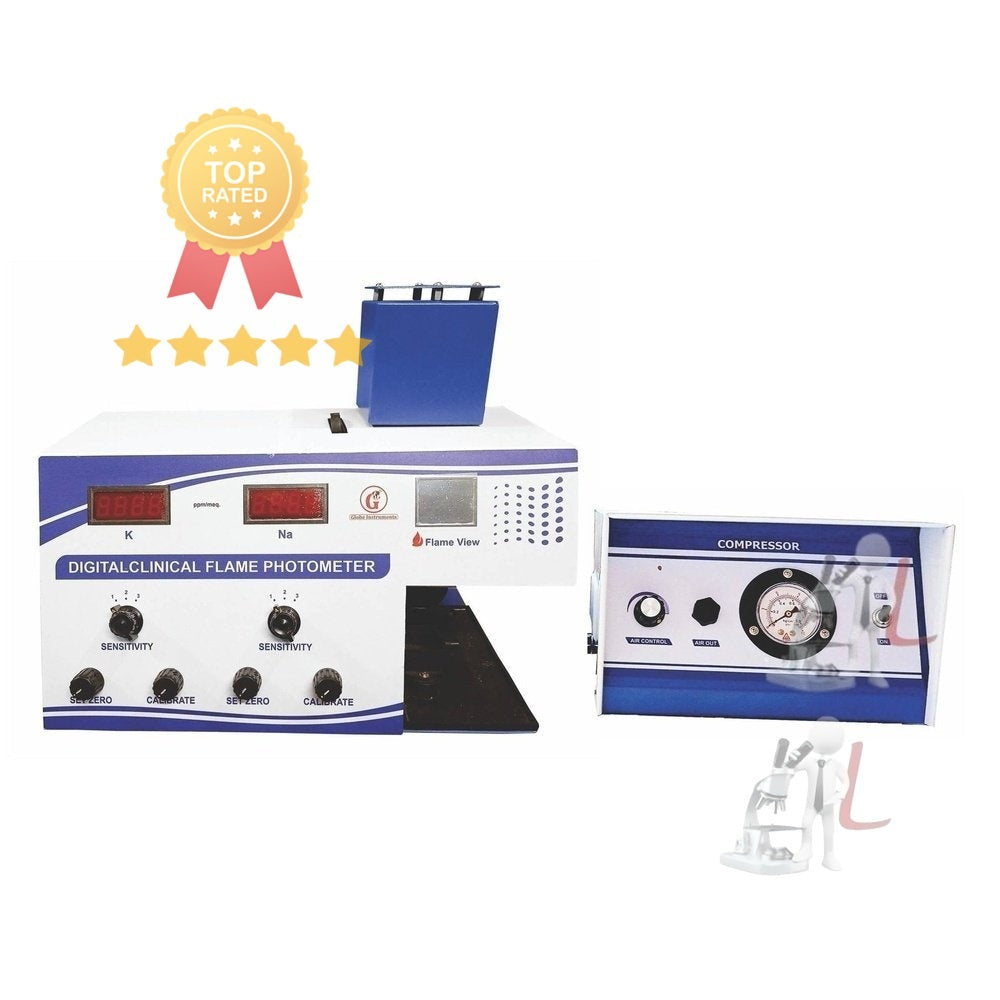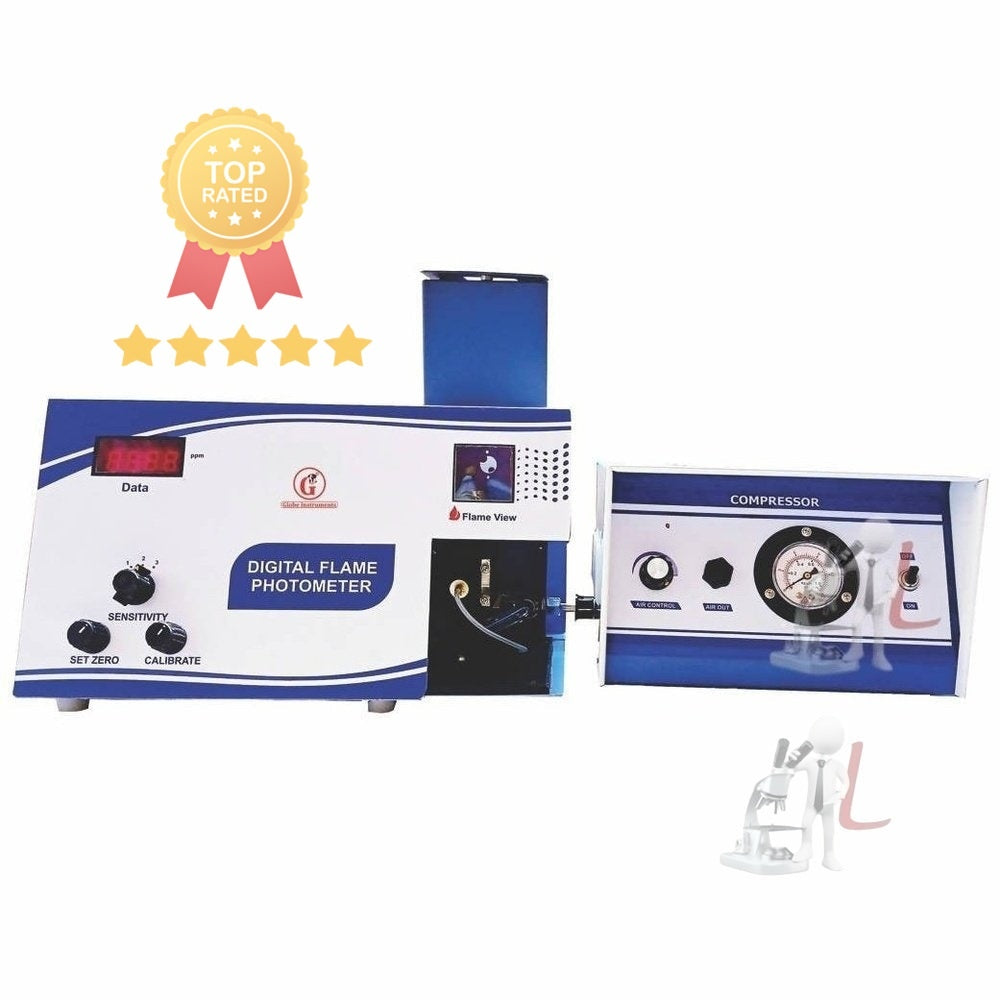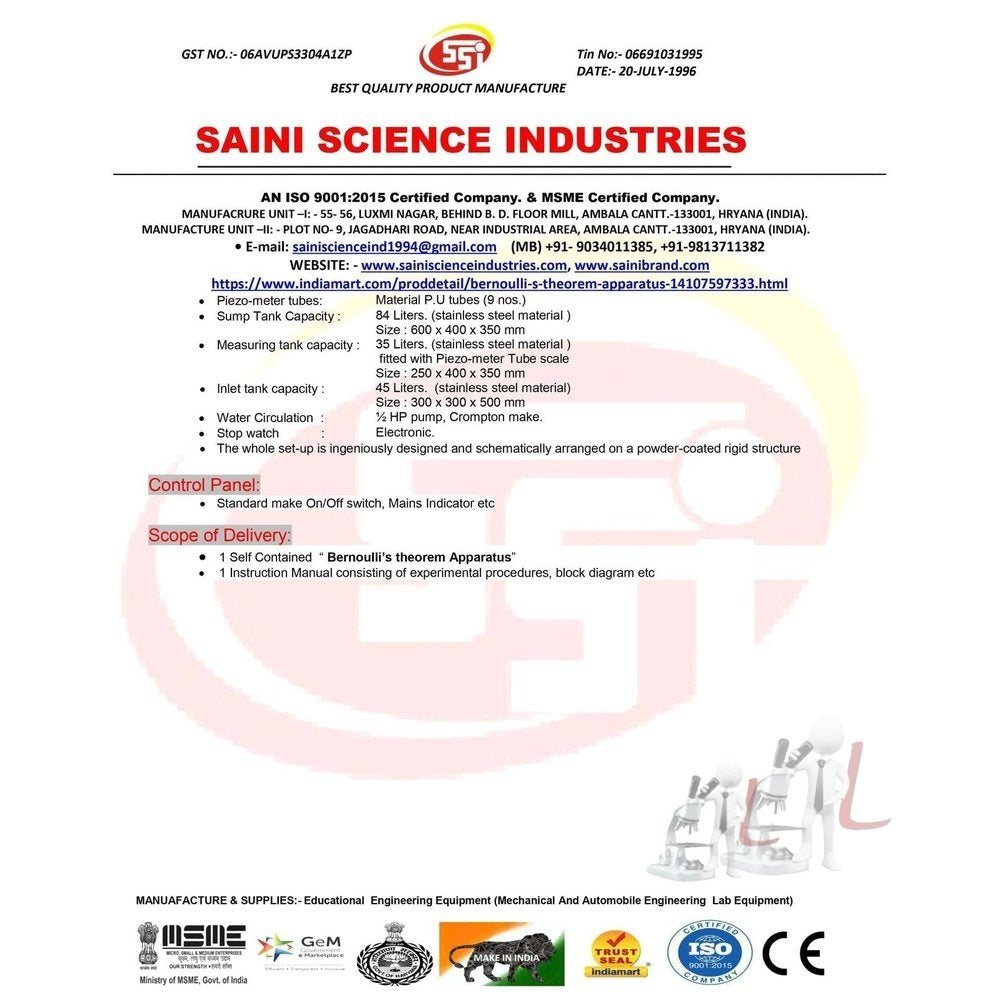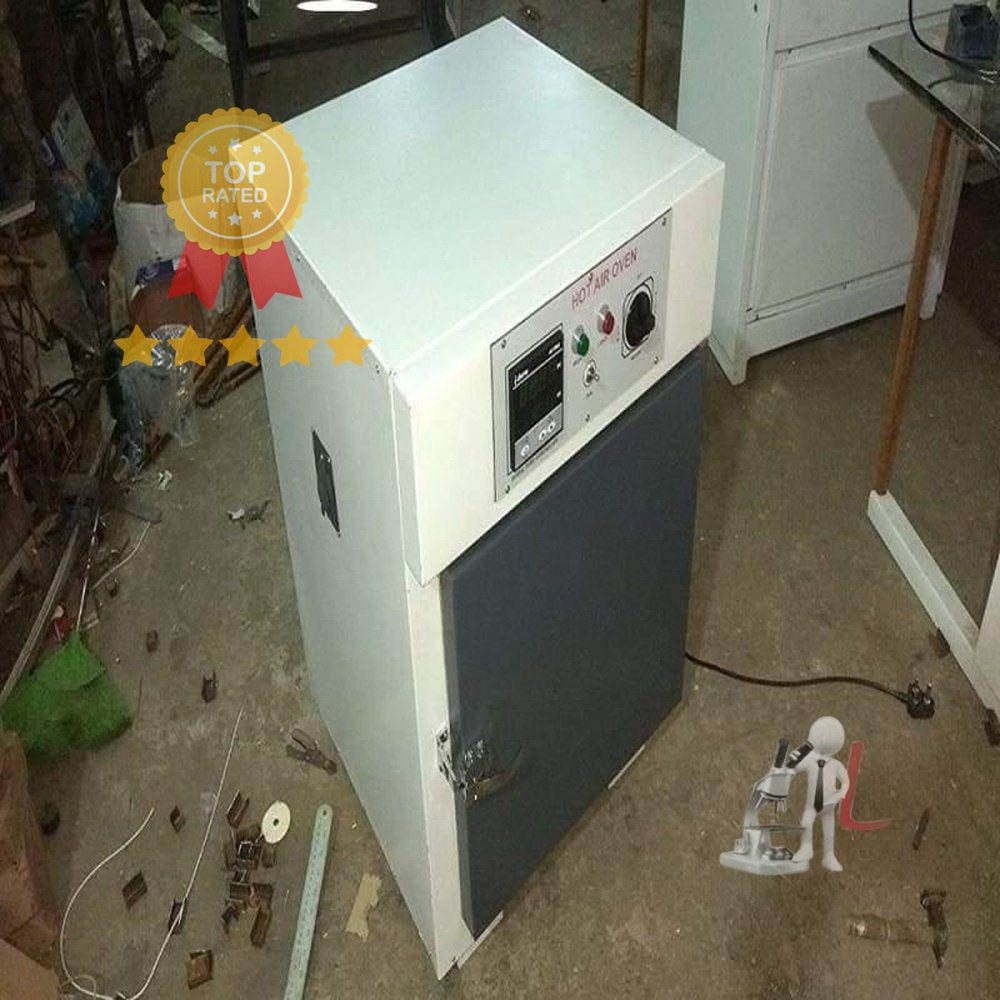Engineering Laboratory Equipment
Engineering laboratory equipment plays a crucial role in the study and practice of engineering disciplines. This collection of essential tools and devices is designed to support various engineering experiments, research, and educational endeavors. Understanding the importance and application of engineering laboratory equipment is vital for students, professionals, and researchers alike.
Engineering laboratory equipment encompasses a wide range of instruments and tools, which are necessary for conducting experiments, testing prototypes, and performing analytical work. From simple measuring devices to complex machinery, these tools provide the means for engineers to accurately analyze data, validate theories, and innovate new solutions to engineering challenges.
One of the most fundamental components of engineering laboratory equipment is measuring instruments. These can include items such as calipers, micrometers, and digital multimeters that allow engineers to obtain precise measurements. Accurate measurement is fundamental to engineering, as it ensures that designs meet specified criteria. Innovations in measurement technology continue to develop, offering engineers improved accuracy and functionality.
Another key category within engineering laboratory equipment is simulation tools and software. These tools facilitate the modeling of engineering projects, allowing engineers to simulate various conditions and outcomes before physical implementation. Such equipment saves time and resources, enabling effective project planning and risk assessment.
Testing equipment is also pivotal in engineering laboratories. Various machines and devices are used to evaluate the performance, durability, and safety of materials and prototypes. This can include tensile testers, fatigue testers, and environmental chambers, each designed to assess specific properties under controlled conditions. Rigorous testing is essential in engineering to prevent failures and ensure that products meet regulatory standards.
In addition to the physical tools, safety equipment is an often overlooked yet critical aspect of engineering laboratories. Personal protective equipment (PPE), such as gloves, goggles, and lab coats, protects engineers and technicians while working with hazardous materials or under risky conditions. Laboratories must be equipped with safety showers, eyewash stations, and proper ventilation systems to maintain a safe working environment.
Computer-aided design (CAD) software is increasingly being recognized as a crucial element of engineering laboratory equipment. CAD programs allow engineers to create precise drawings and simulations of their ideas, enhancing the design process and ensuring that projects are well-planned before execution. This software integrates with other tools and devices, streamlining workflow in engineering projects.
Electronics and electrical engineering equipment, including oscilloscopes, function generators, and power supplies, represent a specialized category of tools that are essential for testing and developing electronic devices. Understanding how to use this type of equipment is vital for engineers who design or work with electronic systems.
Mechanical engineering laboratories utilize specialized equipment such as CNC machines, 3D printers, and assembly tools for prototyping and production. These devices not only enhance the capabilities of engineers but also foster innovation and creativity in engineering applications.
Chemical engineering laboratories require unique equipment such as distillation apparatus, reactors, and chromatography systems. Each of these tools enables engineers to manipulate chemical processes safely and effectively, supporting the development and production of new materials and substances.
In conclusion, engineering laboratory equipment is integral to the advancement of engineering as a whole. By providing the necessary tools for experimentation, measurement, and analysis, this equipment empowers engineers to explore new ideas, solve complex problems, and contribute significantly to technological progress. The continuous evolution of engineering laboratory equipment ensures that engineers are equipped with the latest tools and technologies, enabling them to meet the challenges of today and tomorrow.
Filter
Sort by

